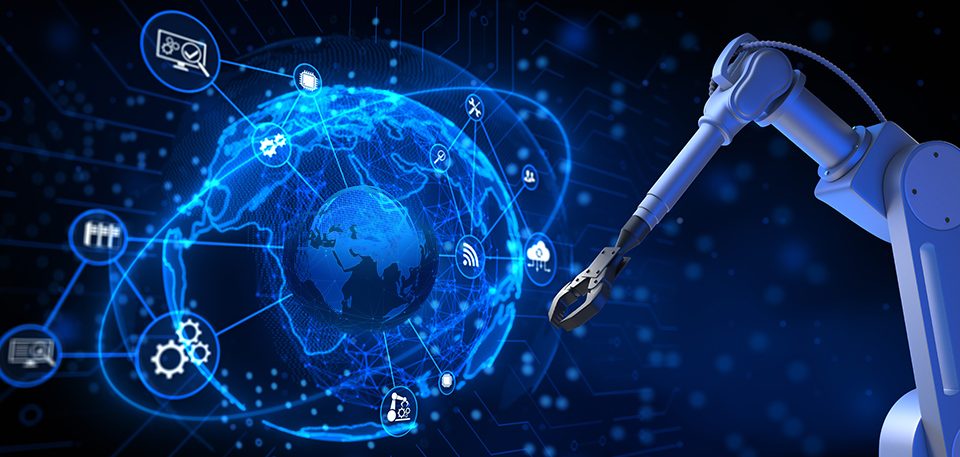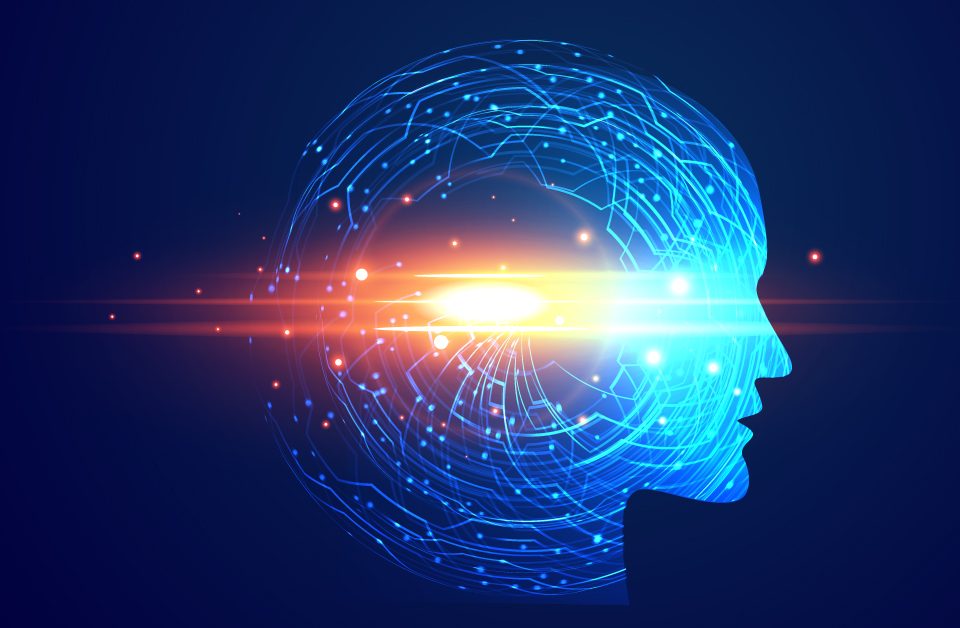Artificial intelligence : An Overview
What is artificial intelligence?
Artificial Intelligence (AI) emphasizes the improvement of smart machines, wondering and working like humans. For example, AI is widely used in problem-solving, speech recognition, learning, and planning.
Why is artificial intelligence necessary?
- Artificial Intelligence will create new jobs.
- Artificial Intelligence will improve healthcare.
- Artificial Intelligence will revolutionize agriculture.
- AI eliminates the need for you to perform tedious tasks.
- AI used to increase auto safety and decrease traffic complications.
Is AI the future?
Artificial Intelligence is impacting the future of practically every industry and every human being. It has served as the primary driver of emerging technologies like robotics, big data, and IoT, and it will continue to work as a technological innovator for the foreseeable future.
How will artificial intelligence change the future?
- It automates manual and repetitive tasks.
- It will soon augment human decision making.
- It adds to the global GDP by 2030 than the current output of China and India—combined.
- It will change the job structure.
- It will create various job opportunities.
Where is AI used?
The application of AI is commonly observed in these fields:
- Agriculture and Farming
- Autonomous Flying
- Virtual Assistant or Chat bots
- Security and Surveillance
- Sports Analytics and Activities
- Retail, Shopping, and Fashion
- Manufacturing and Production
- Warehousing and Logistic Supply Chain
- Live Stock and Inventory Management
- Self-driving cars or Autonomous Vehicles
- Healthcare and Medical Imaging Analysis
Is artificial intelligence and machine learning similar?
AI and Machine Learning are new emerging technologies that will lead to much innovation in the near future but both of these technologies are marked by various differences:
| ARTIFICIAL INTELLIGENCE | MACHINE LEARNING |
| AI stands for Artificial Intelligence, where intelligence is defined, acquisition of knowledge intelligence is defined as the ability to acquire and apply knowledge. | ML defined as the acquisition of knowledge or skill |
| AI increases the chance of success and not accuracy. | ML aims to increase accuracy, but it does not care about success. |
| It works like a computer program that does smart work | ML is a simple concept machine that takes data and learns from data. |
| Artificial intelligence simulate natural intelligence to solve the complex problem | ML’s goal is to learn from data on a particular task to maximize the performance of the device on this task. |
| AI is useful in decision making. | It allows the system to learn new things from data. |
| AI goes for finding the optimal solution. | ML involves creating self-learning algorithms. |
| It is developing a system that mimics humans, and which in turn responds to circumstances. | Machine Learning will go for the only solution for that whether it is optimal or not. |
| AI leads to intelligence or wisdom. | ML leads to knowledge. |
Artificial Intelligence in healthcare
Application of artificial intelligence in healthcare:
- Managing medical records and other data.
- Digital consultation.
- Performing repetitive jobs.
- Treatment design.
- Managing drug creation and a myriad of other uses of AI.
- Medical management.
- Virtual nurses.
- Precision medicine
Reach out to us at NDZ and get valuable suggestions and flawless help from our side to grow your business.




